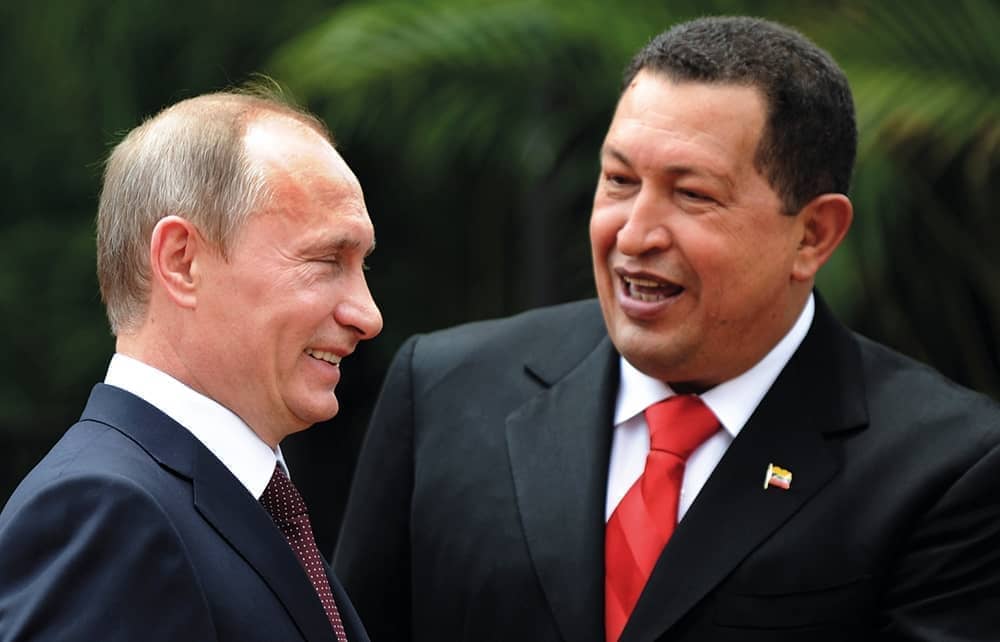To study international politics since the turn of the century has been, in large part, to study the changing nature of autocracy – and the West’s relationship to it. We kicked things off by trying to realise the Trotskyite dream of ushering in global democracy through the barrel of a gun. We wanted to bring an end to the world’s tyrants – or the ones of relevance to us at any rate. We got Iraq.
But if we failed to end tyrants, we played our part in helping to mould them. As Sergei Guriev and Daniel Treisman observe in their intelligent, important book Spin Dictators, throughout this time something far more interesting and dangerous was happening. The most sophisticated dictators were reforming themselves, and the lesson they internalised was not the need to be democratic – that, after all, went against who they were – but the need to look democratic.
The ways in which they have done this are various, but for ease the authors have given us a lexical heuristic. The typical 20th-century autocrat was what they call a ‘fear dictator’. Its 21st-century equivalent is far more subtle, employing a ‘distinctive modus operandi – one focused more on shaping public opinion than on violent repression’. What they call a ‘spin dictator’.
Three figures in the book exemplify the spin dictators: Venezuela’s Hugo Chávez, Singapore’s Lee Hsien Loong and, most of all, Vladimir Putin (to whom we will return) – three very different men who nonetheless share enough similarities that the authors can, through them, define a ‘school of authoritarian rule unlike the main 20th-century approach’.
The new breed of strong men started turning up in conservative suits to schmooze with the global elite
All three leaders, they tell us, have favoured international openness, held frequent elections and enjoyed high approval ratings. Then there are the aesthetics.








Comments
Join the debate for just £1 a month
Be part of the conversation with other Spectator readers by getting your first three months for £3.
UNLOCK ACCESS Just £1 a monthAlready a subscriber? Log in